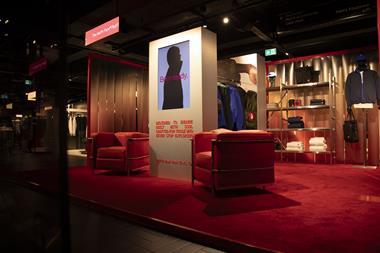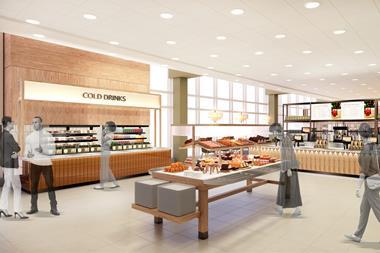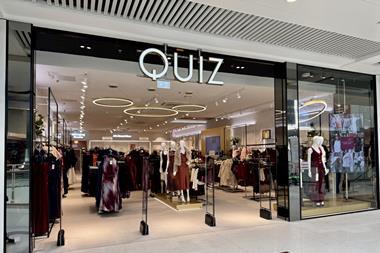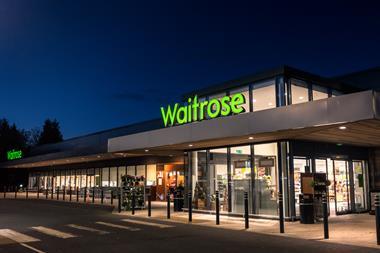With the industry adjusting to the new normal, Diebold Nixdorf believes there are four ways retailers will need to continue to adapt post-pandemic
Just a few months ago, few people could have predicted the dramatic events that would rapidly unfold around the globe.
The retail industry was already ripe for disruption, but a global health crisis certainly brought about major disruption in a much shorter amount of time than anyone was prepared for.
We’ve all had to adjust to what ‘normal’ looks like. The new normal relies on digital channels as a matter of necessity, which means retailers that have laid the groundwork for seamless, frictionless shopping journeys are more prepared to face an unknown and uncertain future.
It’s that ‘more’ that’s so important. Because the fact of the matter is that modern retailing requires continuous evolution, which complicates the definition and execution of business strategies—especially for retailers that don’t have the ability to quickly adapt to unforeseen events.
That’s exactly why market research company Forrester stressed in its recent report that retail leaders should focus on adaptability, ie: “the ability to understand and anticipate market dynamics—and exploit opportunities big and small as soon as they arise”.
Our strategic approach to modern retailing, Storevolution™, supports retailers in managing the challenges of constant external changes. Storevolution supports retailers in designing, enabling and operating relevant consumer and staff journeys daily.
Four cornerstones that can’t be ignored post-crisis
As we look at how the retail industry will change and grow out of the current circumstances, I believe the four cornerstones of our Storevolution programme will be critical to long-term success:
1. Consumer centricity
In the age of the consumer, every single strategic initiative must begin with the consumer at the heart of the process. Enabling robust data collection and analytics, both on in-store journeys and the channels used before and after, will help retailers build more in-depth consumer profiles and gain a better understanding of what a ‘consistent shopping experience’ looks like.
2. Store digitisation
Retailers will need to embrace a modular approach that includes the complete ecosystem of hardware, software and related services to reduce friction in consumer journeys.
I believe we’ll see retailers continuously rethink their optimal checkout mix to better serve a consumer base that’s now more used to various checkout options (from self-service to assisted service, mobile scan-and-pay, click-and-collect, curbside pick-up and even home delivery).
Rethinking the checkout process will empower retailers to ensure that interactions between staff and consumers are as efficient as possible and can simultaneously lower their total cost of ownership for store operations.
3. High connectivity
Retailers will need to offer consumers the end-to-end connected shopping experience they expect, regardless of whether the journey starts at home, on the go, or in-store.
Our approach is based on an Open Retailing platform strategy, using standardised APIs for faster and easier integration, also in a multi-vendor ecosystem.
4. Store as a Service
As new opportunities and priorities emerge, monitoring the day-to-day IT landscape may not always be a priority. Nonetheless, consumer and staff journeys should be ‘always on’ and secure.
Our support services are based on proactive remote maintenance and globally standardised operations, leading to optimal availability of all retail systems and software. In a complex, multi-vendor environment with a wide network of touchpoints, many retailers are coming to the realisation that it’s simply easier and more cost-effective to partner with service experts, freeing them to focus on more strategic initiatives.
Storevolution is not a silver bullet that solves every challenge, big or small. Rather, it sets parameters that provide retailers with the framework and tools to be adaptive while maximising store efficiencies and improving consumer experiences.
In an ever-changing world, the only thing we can truly be sure of is that consumers will continue to raise the bar on their expectations. Will your organisation be ready?

Reint Jan Holterman is global product marketing manager for retail software at Diebold Nixdorf.
Learn more about how we’re helping retailers drive the Storevolution at DieboldNixdorf.com/Storevolution.





























